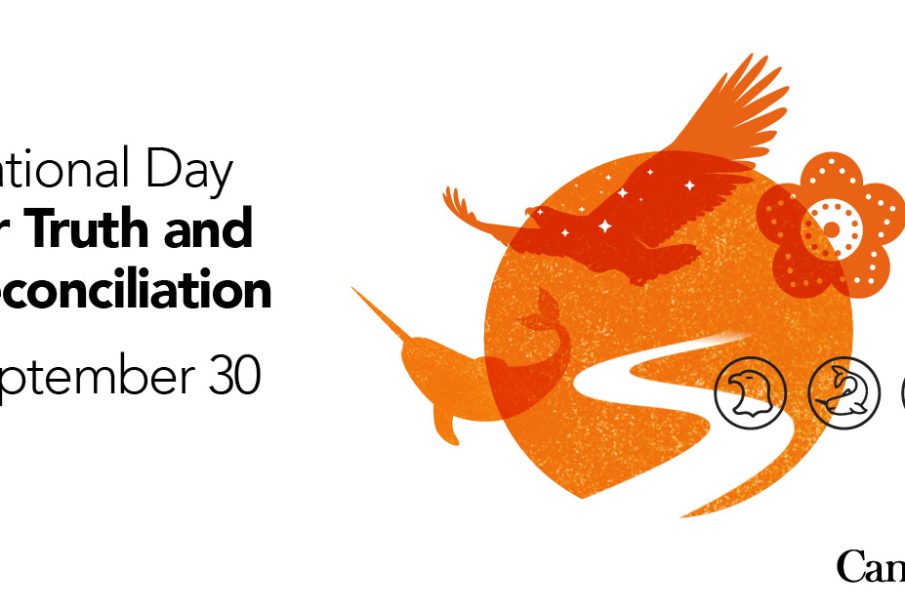Understanding Truth and Reconciliation Day in Canada

Introduction
Truth and Reconciliation Day, observed on September 30 in Canada, represents a critical step towards healing and understanding between Indigenous and non-Indigenous people. Established as a federal holiday in 2021, it serves as a reminder of the historical injustices faced by Indigenous communities, particularly due to the residential school system. This observance is not only a day off for many Canadians; it is a time for reflection and a call to action towards reconciliation.
The Significance of the Day
The establishment of Truth and Reconciliation Day aligns with the calls to action from the Truth and Reconciliation Commission (TRC), which investigated the devastating impacts of residential schools. Over 150,000 Indigenous children were taken from their families and forced to attend these institutions, aimed at eradicating Indigenous cultures. The legacy of these schools has resulted in intergenerational trauma, affecting the well-being and identities of many Indigenous peoples.
On September 30, Canadians are encouraged to engage in meaningful dialogue regarding the effects of colonialism and to learn about the rich cultures, histories, and contributions of Indigenous peoples. Various events and activities, including community gatherings, educational workshops, and memorials for the children lost to the residential school system, take place across the country.
Current Developments
In the lead-up to Truth and Reconciliation Day 2023, several initiatives have been undertaken to educate the public about Indigenous rights and histories. Schools are integrating more Indigenous content into their curricula, local governments are committing to support Indigenous-led projects, and various organizations are advocating for ongoing dialogue and healing practices.
The day is particularly poignant this year as recent discoveries of unmarked graves near former residential schools have brought renewed attention to the urgent need for justice and reconciliation. Activists and advocates emphasize that understanding and acknowledging the past is essential to building a future rooted in respect and equality.
Conclusion
Truth and Reconciliation Day is a pivotal moment for all Canadians to reflect on the historical injustices and to actively participate in the ongoing journey towards reconciliation. It opens a channel for dialogue and understanding, encouraging everyone to take responsibility for learning and creating a more inclusive society. As Canada marks its second official Truth and Reconciliation Day, the collective hope is to build a future where Indigenous peoples are honored, their rights upheld, and their contributions celebrated with authenticity and justice.









